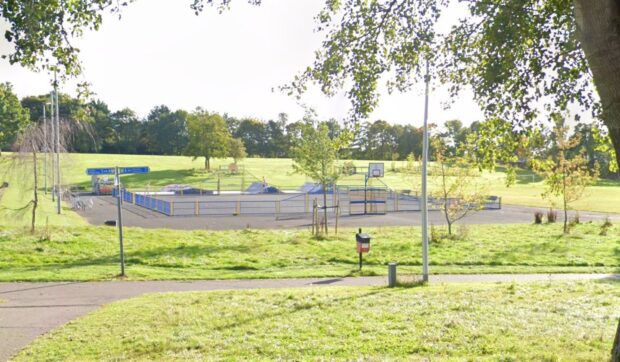Dundee has the second lowest employment rate of any city in Britain.
Only Blackburn has a smaller proportion of adults in work, according to a report by think tank Centre for Cities.
Its Cities Outlook 2019 said austerity had hit cities twice as hard as other parts of the UK, despite them being home to three-quarters of the UK’s population.
The report states that people living in 62 of the UK’s biggest cities had endured funding cuts equivalent to £386 per head since 2009/10, compared to £172 per person elsewhere.
Dundee has seen its budget shrink by 2.8% since 2009/10 while Aberdeen’s has dropped by 2.4%
Glasgow, and Edinburgh suffered deeper cuts, with their budgets falling by 23% and 8% in real terms.
But the report revealed that Dundee is still lagging behind other British cities in terms of employment.
It reveals that 4.4% of its working age population is claiming unemployment benefits.
Only Birmingham, with a rate of 4.6% has a higher rate.
Correspondingly, Dundee has the second lowest employment rate in the UK at 65%. Only Blackburn, at 64.1% is lower.
However, Dundee’s employment rate has increased by 0.9% from the previous year.
The report also reveals the city has one of the lowest ratios of private sector jobs in the country.
There are just 1.5 private sector jobs for every public sector one in Dundee, the joint second lowest rate in the country.
The report did also contain some good news for Dundee.
Homes in the city cost, on average, five and a half times the average wage of £25,000, making it the sixth most affordable in the UK.
In Oxford the average house price stands at £511,100, 13.3 times more than the average annual wage of £29,600.
Dundee also has the sixth highest rate of ultrafast broadband penetration in the UK.
The report, Cities Outlook 2019, found the rising cost of social care is heaping more pressure on councils.
In Dundee, spending on social care has increased by 13.2% since 2009/10, far greater than the British average of 7.8%.
The report also warned that political focus on Brexit is responsible for a “paralysis” that is affecting cities.
Andrew Carter, Centre for Cities chief executive, said: “Cities drive our national economy and, while austerity has improved local government efficiency, its sheer scale has placed public services in many of our most populated cities under huge pressure.
“Councils have managed as best they can but the continued singling-out of local government for cuts cannot continue.”
A Scottish Government spokesman said: “The UK Government’s austerity programme is damaging the Scottish economy – taking money from the pockets of low income families and pushing them into crisis, debt and poverty.
“That’s why we are spending more than £127 million this year to try and mitigate welfare cuts and provide vital support for low income households – something we will continue to do in 2019/20.
“Despite cuts to the Scottish Budget by Westminster, we have continued to ensure local government receive a real terms increase in funding. Our 2019/20 Budget allocates £11.1 billion for councils – a real terms increase of more than £210 million – including more than £326.2 million for Dundee City Council.
“We are investing in the development of Dundee’s economy – In November, we signed the Heads of Terms for the Tay Cities Region Deal, committing £150m over next 10-15 years in projects across the region. We are also investing an additional £50m in the region, including £10 million for a manufacturing investment programme.”










